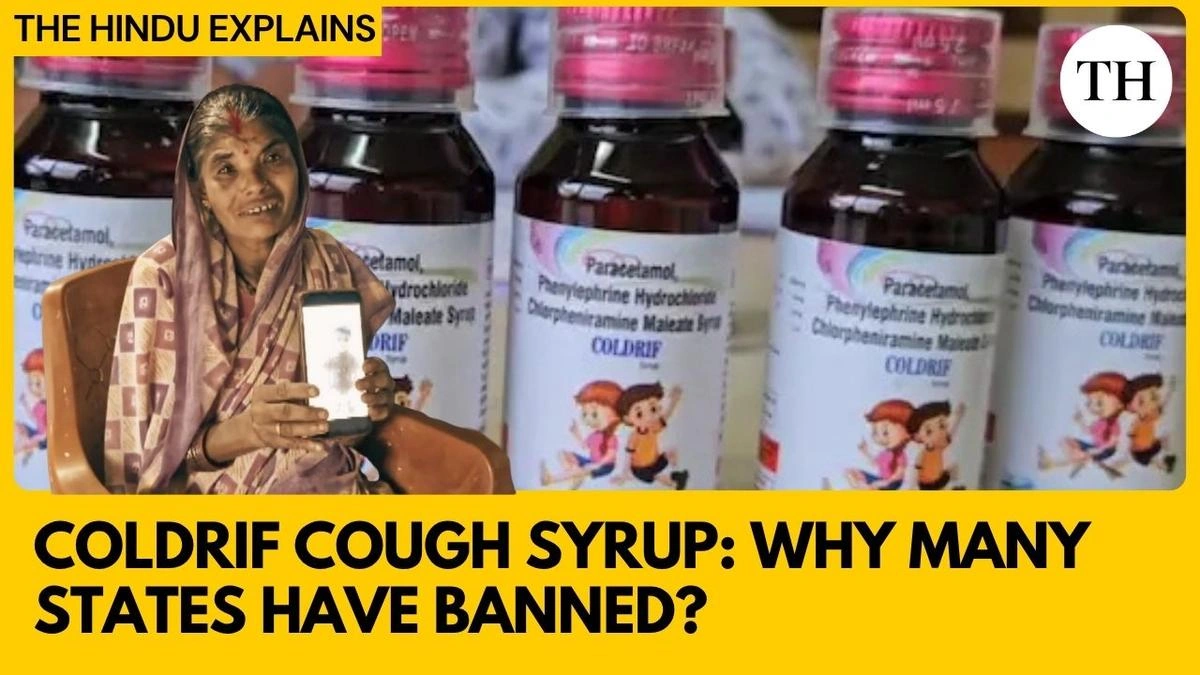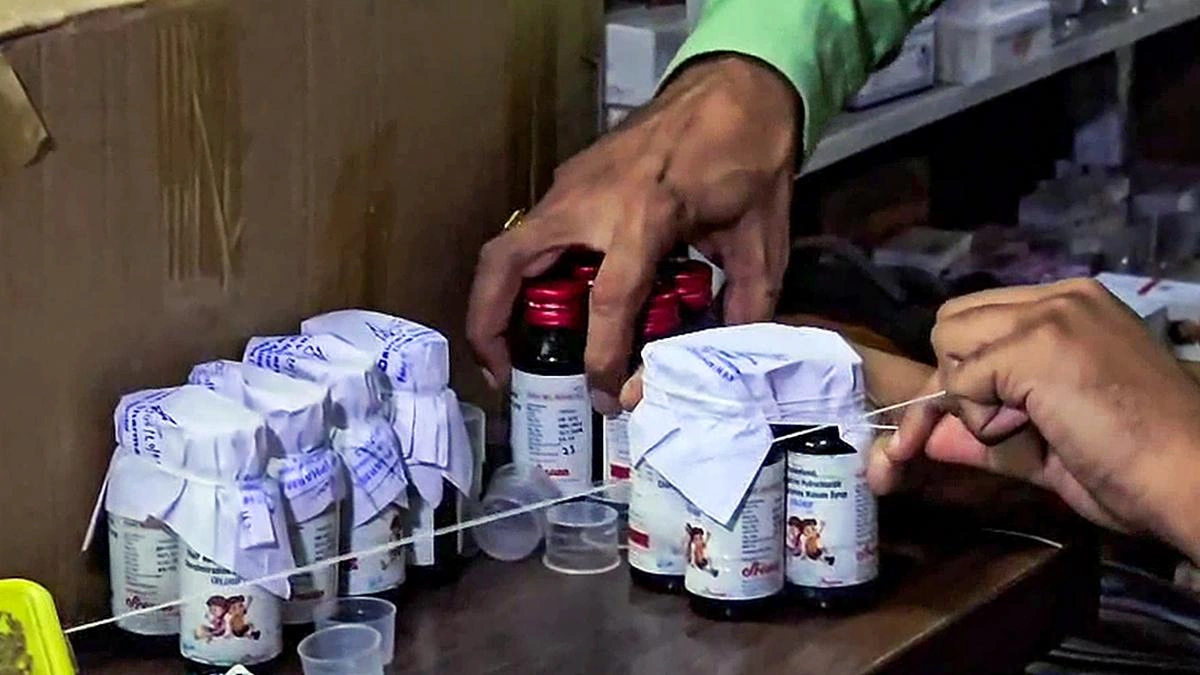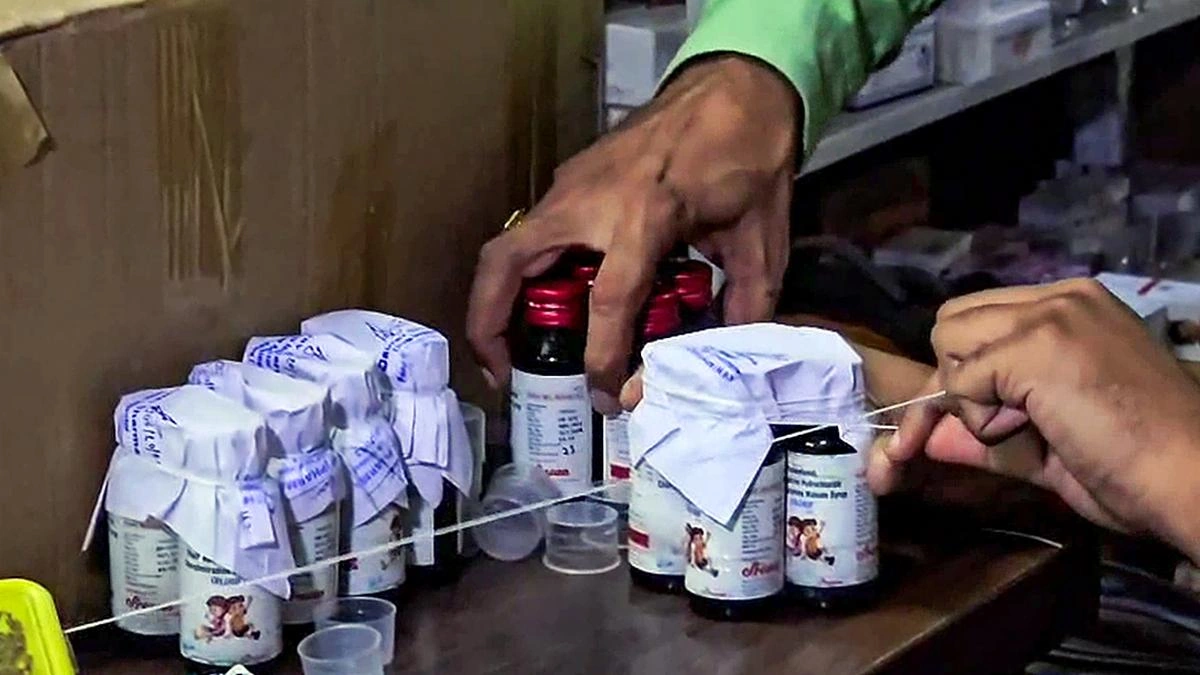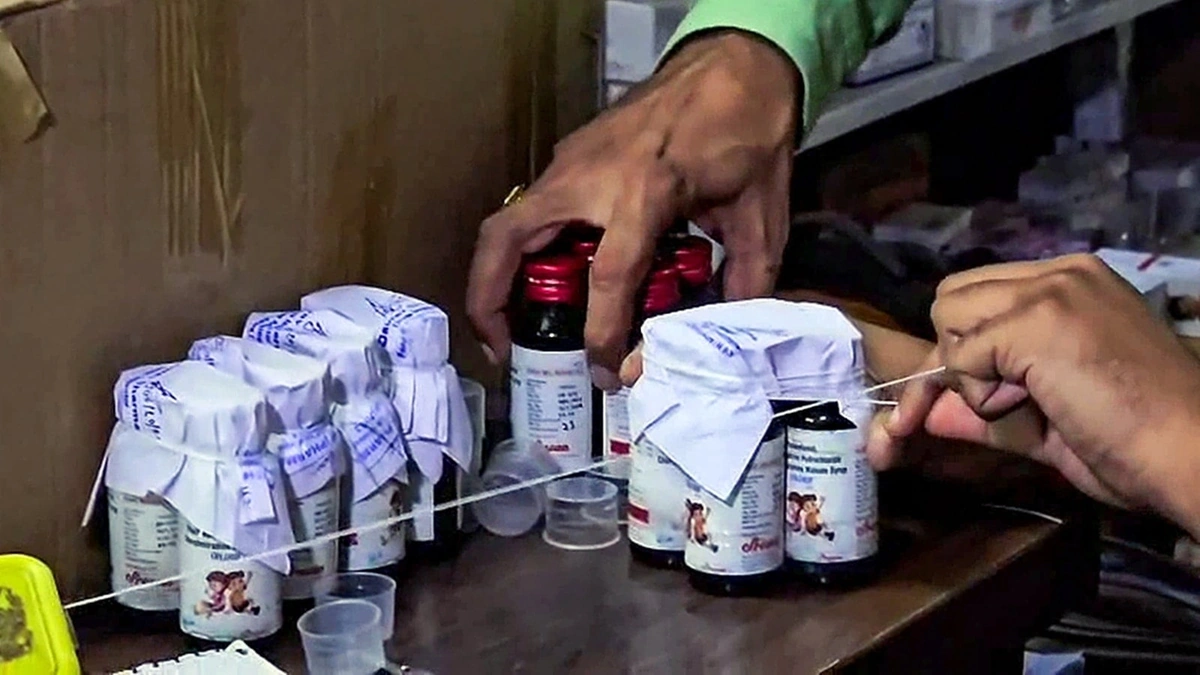Maharashtra FDA Alerts on Coldrif Syrup Batch Possibly Tied to Child Fatalities
Here’s the thing: When we hear about potential health scares, especially those involving children, it’s natural to feel a jolt of anxiety. The recent alert issued by the Maharashtra Food and Drug Administration (FDA) regarding a specific batch of coldrif syrup has understandably raised serious concerns across the nation. But, instead of just panicking, let’s break down what this means, why it matters, and what steps you can take to protect your family.
Why This Coldrif Syrup Alert Matters – A Deep Dive
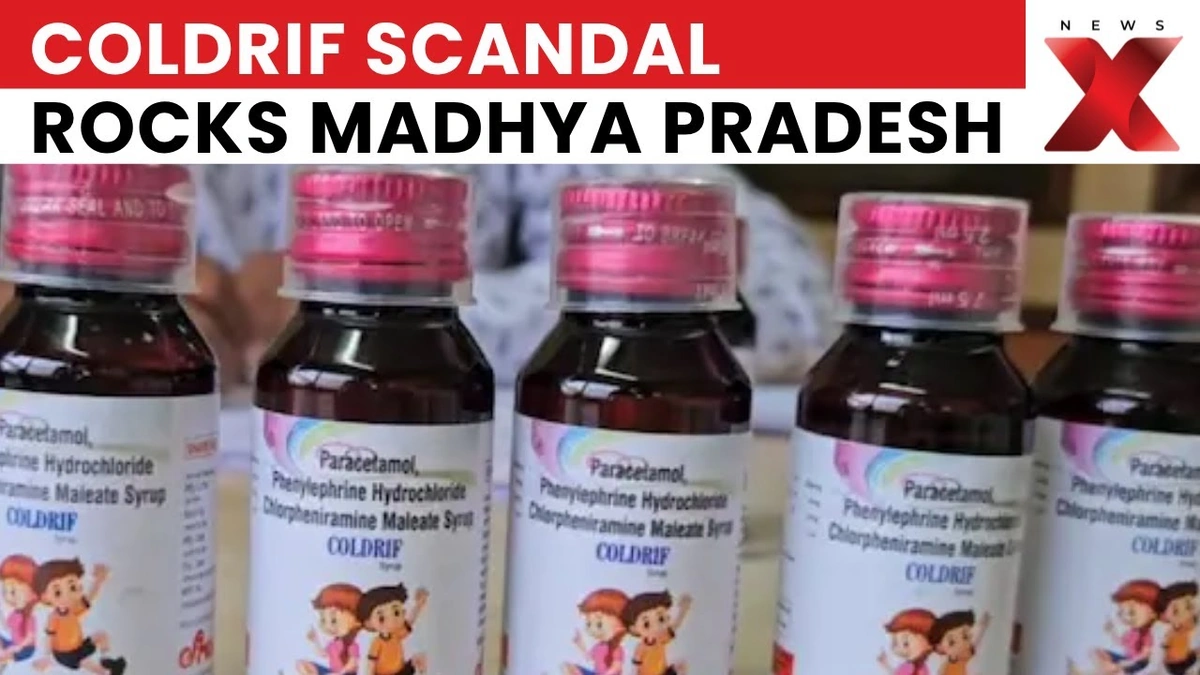
So, why is this alert more than just a headline? Well, the Maharashtra FDA suspects a potential link between a particular batch of Coldrif syrup and reported child fatalities. I initially thought it was a simple recall, but then I realized the implications are far more profound. We’re talking about a product widely available, potentially in many homes right now, being flagged for a serious safety issue. This isn’t just about one brand; it highlights the importance of rigorous quality control and the vulnerabilities within the pharmaceutical supply chain in India.
The real question isn’t just whether this specific batch is dangerous. It is about the broader system. What fascinates me is this: how can we ensure that the medications we trust to make our children better are, without a doubt, safe? According to recent reports, the FDA is conducting thorough investigations, including testing samples and reviewing manufacturing processes. Medicines for children need to be very safe.
How to Identify the Affected Batch and What to Do Next
Okay, let’s get practical. The most important thing you can do right now is to check the batch number of any Coldrif syrup you have at home. This is usually printed on the bottle or the packaging. While the specific batch number under scrutiny hasn’t been universally publicized (and this is something that needs to improve!), contacting your local pharmacy or the FDA helpline is the best course of action to get the exact details. If you find that you have the affected batch, stop using it immediately. Don’t just throw it away; return it to the pharmacy or follow the disposal instructions provided by the FDA.
And, let’s be honest, this situation can be scary. The emotional angle here is about trust – trust in the medications we give our children. If you’ve given your child Coldrif syrup from a potentially affected batch, monitor them closely for any unusual symptoms. These might include persistent vomiting, abdominal pain, or changes in alertness. Seek immediate medical attention if you notice anything concerning. Better safe than sorry, right?
Understanding India’s Drug Regulation Landscape
Here’s where things get a bit complex, but bear with me. India’s pharmaceutical industry is vast, and ensuring quality across the board is a monumental task. The Drugs and Cosmetics Act regulates the import, manufacture, distribution, and sale of drugs and cosmetics. State FDAs are responsible for licensing and monitoring manufacturing units within their respective states. But, and this is a big but, enforcement can be inconsistent. This incident with the Coldrif syrup highlights the need for stronger regulatory oversight and more stringent quality control measures.
One common mistake I see people make is assuming that all generic drugs are created equal. While many are perfectly safe and effective, the manufacturing standards and quality control processes can vary significantly. It’s essential to buy medications from reputable pharmacies and to be aware of the potential risks involved. Sometimes, the lowest price isn’t worth the potential health consequences. Always consult your doctor before taking any medication. Moreover, it is better to check if the medication is verified and validated or not. Checking before using any medicine is very essential.
Beyond the Headlines | Safeguarding Your Family
So, what can you, as a concerned parent or guardian, do to protect your family? Well, first, stay informed. Follow updates from reputable news sources and the FDA. Second, be proactive. Don’t hesitate to ask your doctor or pharmacist about the medications they prescribe. Inquire about the manufacturer, the quality control processes, and any potential risks. Third, report any adverse reactions you experience to the FDA. Your vigilance can help protect others.
Let me rephrase that for clarity: Being informed, proactive, and vigilant are your best defenses. This incident with the Coldrif syrup isn’t just a news story; it’s a wake-up call. It’s a reminder that we need to be active participants in our healthcare, not passive consumers. And it’s a call for greater transparency and accountability within the pharmaceutical industry.
Coldrif Syrup Alternatives and Home Remedies
If you’re feeling uneasy about using coldrif syrup , explore alternative treatments with your doctor. In many cases, simple home remedies can provide relief for cold symptoms, especially in children. Hydration is key – encourage your child to drink plenty of fluids, such as water, juice, or warm broth. A humidifier can help to ease congestion. And, of course, rest is essential for recovery. For fever, consult your doctor about appropriate dosages of paracetamol or ibuprofen. Never give aspirin to children, as it can cause a rare but serious condition called Reye’s syndrome.
FAQ Section
Frequently Asked Questions (FAQs)
What should I do if I accidentally gave my child the affected batch of Coldrif syrup?
Monitor your child closely for any unusual symptoms like vomiting, abdominal pain, or lethargy. Seek immediate medical attention if you observe anything concerning.
How do I identify the affected batch number of Coldrif syrup?
Check the bottle or packaging for the batch number. Contact your local pharmacy or the FDA helpline for specific details on the recalled batch.
Are there any safe alternatives to Coldrif syrup for treating cold symptoms in children?
Consult your doctor about alternative treatments, including home remedies like hydration, rest, and a humidifier. Discuss appropriate dosages of paracetamol or ibuprofen for fever.
What is the Maharashtra FDA doing to address this issue?
The Maharashtra FDA is conducting thorough investigations, including testing samples and reviewing manufacturing processes, to determine the extent of the contamination and prevent future incidents.
Ultimately, this situation reminds us that our health is our responsibility. We need to be informed, proactive, and vigilant to protect ourselves and our families. And we need to demand greater transparency and accountability from the pharmaceutical industry and regulatory agencies.
